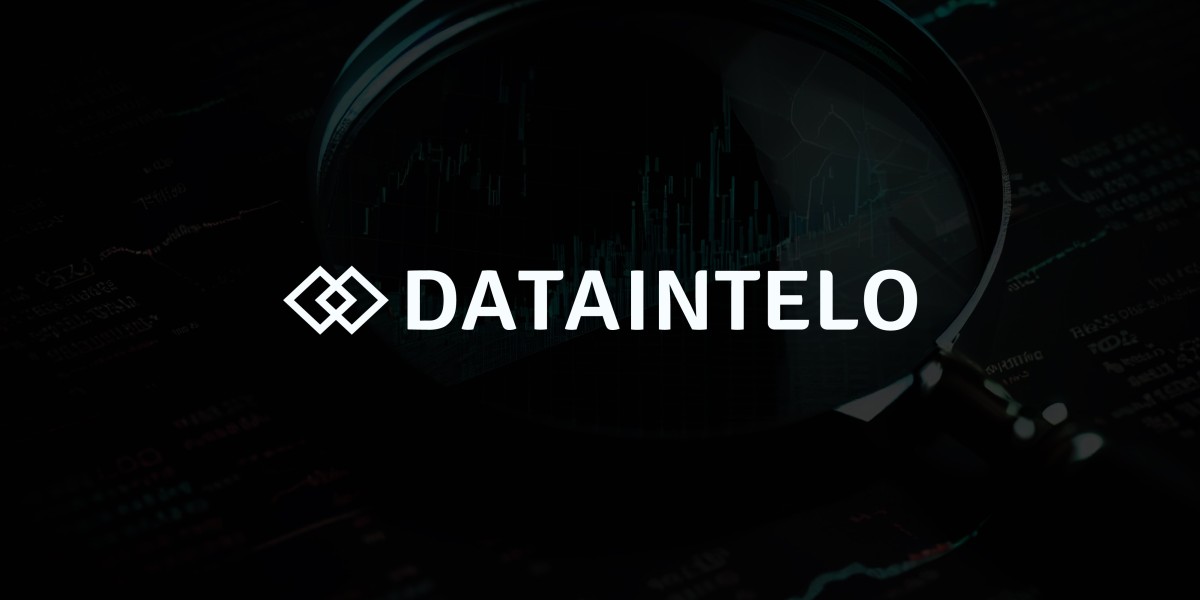The Waste Management Software Market is witnessing remarkable growth as industries and municipalities across the globe adopt digital solutions to address environmental concerns, regulatory compliance, and operational efficiency. This market has become a critical enabler in managing waste collection, disposal, recycling, and reporting with accuracy and accountability.
Valued at USD XX billion in 2024, the market is projected to grow at a CAGR of XX% through 2032, driven by rising global waste volumes and the urgent need for sustainable waste tracking mechanisms. As environmental regulations become more stringent, demand for smart, integrated software systems is expected to intensify.
Key stakeholders, including governments and private organizations, are investing heavily in automation and data-driven waste management infrastructure.
https://dataintelo.com/request-sample/149303
Key Market Drivers
Environmental Regulations: Stringent waste disposal laws are compelling organizations to adopt reliable software for tracking and compliance.
Digital Transformation in Waste Services: Cloud-based and AI-powered platforms are reshaping traditional waste management models.
Urbanization and Industrial Growth: Increased waste generation in urban areas fuels demand for efficient waste tracking and reporting tools.
Smart waste management is no longer an option—it’s a necessity for sustainable urban planning and ecological preservation.
Major Restraints
High Initial Implementation Costs: Software setup, integration, and training can be cost-prohibitive for smaller municipalities and enterprises.
Data Privacy Concerns: As software collects sensitive operational data, cybersecurity becomes a growing concern among users.
Limited IT Infrastructure in Developing Regions: Market adoption is hindered in areas lacking digital readiness and internet connectivity.
Addressing these challenges requires investments in infrastructure and strategic partnerships across the ecosystem.
https://dataintelo.com/report/global-waste-management-software-market
Emerging Market Opportunities
IoT Integration: Devices like smart bins and sensors provide real-time data for optimized collection routes and resource allocation.
Expansion into Developing Economies: Governments in Asia-Pacific, Africa, and Latin America are adopting smart city initiatives that include modern waste software.
Sustainability and ESG Goals: Businesses aiming to improve their environmental performance are adopting advanced analytics to minimize waste.
Software platforms that offer modular scalability and seamless integration with existing systems are likely to capture significant market share.
Market Segmentation Snapshot
By Deployment: Cloud-Based, On-Premises
By Application: Commercial, Residential, Industrial, Municipal
By Functionality: Route Optimization, Billing & Invoicing, Inventory Tracking, Compliance Management
By Region: North America, Europe, Asia-Pacific, Latin America, Middle East & Africa
Each region presents unique adoption patterns influenced by regulatory environment, technological infrastructure, and sustainability priorities.
https://dataintelo.com/checkout/149303
Regional Highlights
North America: Dominates the market with high software adoption among public and private waste handlers, driven by advanced regulatory compliance mandates.
Europe: Strong emphasis on environmental sustainability and circular economy models boosts demand for integrated software platforms.
Asia-Pacific: Fastest-growing region due to increasing urbanization, public sector digitization, and support for smart city development.
Latin America & Middle East: Emerging players investing in digital solutions to modernize infrastructure and meet regulatory benchmarks.
Global efforts toward climate change mitigation and cleaner cities continue to push the software market upward.
Current Market Trends
AI and Machine Learning Integration: Enables predictive analytics for waste forecasting and operational efficiency.
Mobile Application Penetration: Users now prefer mobile-accessible dashboards and alerts for real-time waste monitoring.
Subscription-Based Pricing Models: SaaS platforms offer flexibility and affordability, expanding accessibility to small-scale waste handlers.
Innovative startups and established providers alike are launching solutions that combine automation, analytics, and compliance features in user-friendly packages.
Market Forecast and Strategic Outlook
Forecasts predict that the Waste Management Software Market will surpass USD XX billion by 2032, underscoring its critical role in sustainable development strategies. The adoption curve is expected to steepen as digital transformation accelerates in public utilities and industrial operations.
Vendors focusing on interoperability, cloud flexibility, and user experience are poised to lead the market in the coming years.
Conclusion
The Waste Management Software Market is at the forefront of the global sustainability revolution. Its role in improving efficiency, ensuring compliance, and enabling data-driven waste handling is irreplaceable in today’s climate-aware landscape. For stakeholders seeking in-depth insights, growth forecasts, and strategic opportunities, explore Dataintelo’s comprehensive Waste Management Software Market report.







